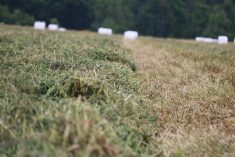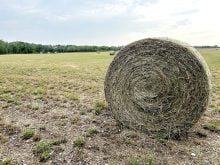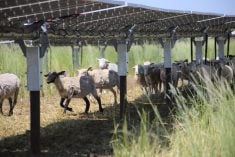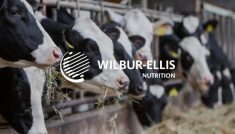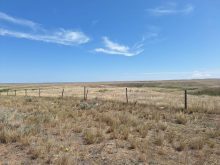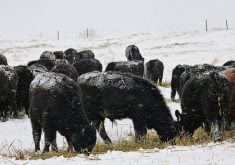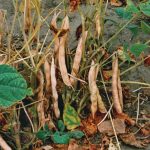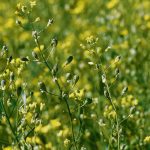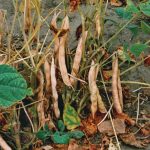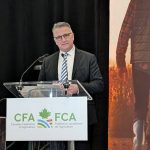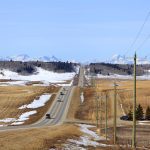Councillors from counties across the province have voted to keep genetically modified alfalfa out of Alberta until international markets become more accepting of the crop.
At a meeting of the Alberta Association of Municipal Districts and Counties (AAMDC) earlier this month, 59 per cent of Alberta’s county councillors voted to keep the province free of GM alfalfa.
“Our forage seed producers and organic producers are pretty concerned about it, considering what happened in the U.S.,” said Brent Reese, councillor for the Northern Lights region.
Read Also
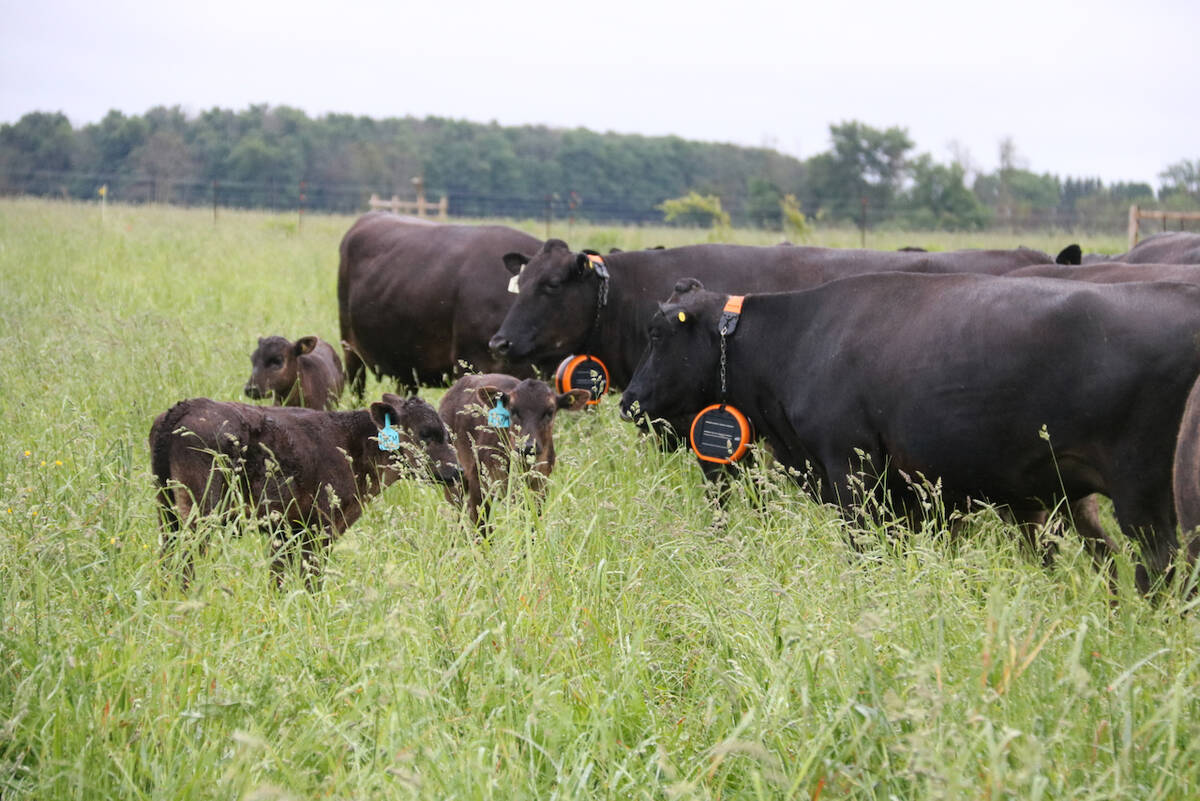
How soil fertility management can boost pasture yield by 43 per cent
Learn how soil testing and targeted fertilization can increase pasture biomass by 43%. Expert tips on N, P, and K management for beef cattle producers.
Roundup Ready alfalfa has been widely grown in the U.S., but a USDA study of more than 4,500 fields of conventional alfalfa seed in California, Idaho, and Washington state found about 10 per cent of fields had feral or rogue varieties — and a quarter of those rogue varieties were transgenic. The study didn’t look for causes — both seed spillage and pollinators are possible causes — but its author said it “confirms that genetically engineered alfalfa has dispersed into the environment.”
“We’d rather not repeat their mistakes,” said Reese. “Particularly concerning is that the federal government licensed this product without any sort of study on what it might do to our markets.
“A lot of our major export customers have zero tolerance for this. We think this should be a major factor in whether these products are licensed, and it should be part of the assessment process. As of now, it is not.”
Reese presented the resolution in northern zone meetings and at the provincial AAMDC meeting in Edmonton.
The resolution requests the government of Alberta to keep the product from being grown in the province until it is accepted by international markets, Reese said in an email. While government is not legally bound to act on the resolution, it does take these resolutions seriously, he said.
“As an exporting country, we have to be careful about the route we take,” said Reese, who represents the ward of Sunny Valley/Deadwood.
Although approved for sale in Canada, genetically modified alfalfa is not currently for sale here.
Reese said he is not opposed to biotechnology, but to the potential loss of overseas markets which refuse to accept genetically modified crops. Genetically modified alfalfa can spread through pollination and contamination of wild or conventional alfalfa.
County officials in the Peace region, home to about 900 forage seed growers, have already passed a resolution to keep GM alfalfa out of the district, and is leading the charge to keep GM alfalfa out of the province.
Heather Kerschbaumer, a forage seed grower and president of Forage Seed Canada, has made numerous presentations about the issue of potential contamination at trade shows and council meetings throughout the Peace Country.
“It’s about the markets. It’s about losing the hay and seed exports,” she said. “We’re not opposed to the technology, but we need to take into consideration the exports that we could lose. That’s a big part of our Albertan agricultural economy.”
The Alberta Forage Industry Network is currently writing a position paper to support a provincial ban on genetically modified alfalfa to protect forage hay exporters.
“From our perspective, it’s the cut hay,” said Chris Fulkerth, chair of the Alberta Forage Industry Network. “At the end of the day, that’s a big market for our exporters, and we want to make sure that they’re able to keep those markets. Until those importing countries are willing to accept the genetics, that’s our stand.”
Reese said he wants to take the resolution to the next level.
“Our federal Agriculture Ministry should be intensely concerned about preserving our markets, because we are so dependent on them,” he said. “The federal government should think of this — it should be a major calculation on its part, but it’s not. I find that kind of disturbing, actually.”




